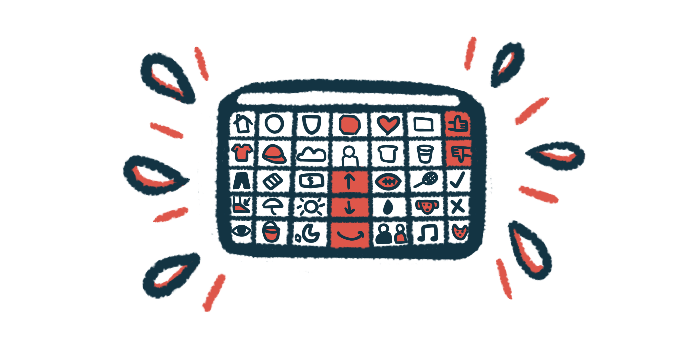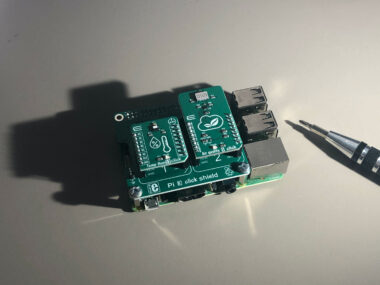Wearable Cognixion ONE Axon named FDA breakthrough device
Product aims to improve communication for people with severe motor impairments
Written by |

Cognixion’s flagship device Cognixion ONE Axon, a product designed to improve communication in people with severe motor impairments, has beed granted breakthrough device designation by the U.S. Food and Drug Administration (FDA).
The wireless device is specifically designed for people with people with amyotrophic lateral sclerosis (ALS) and other paralyzing conditions in advanced disease stages who no longer can communicate using standard eye-tracking devices due to loss of eye muscle function. No device is currently available for these advanced disease patients, according to Cognixion.
The designation is awarded to new medical technologies that could potentially help those with life-threatening or debilitating diseases, such as ALS, for whom there are no alternatives. It allows manufacturers to work more closely with the FDA and grants prioritized review to subsequent submissions to speed up a product’s development.
“This FDA Breakthrough Device designation is a significant milestone, and we are thrilled to receive it for our Cognixion ONE device,” Andreas Forsland, CEO and founder of Cognixion, said in a company press release.
Communicating and interacting
Cognixion ONE is an assisted reality device that combines artificial intelligence, augmented reality, and natural user interface technology to help people with severe motor impairments communicate independently and interact with their surroundings.
It’s powered by electroencephalogram (EEG) technology, which measures the electrical impulses generated by nerve cells to communicate with each other to create a brain-computer interface that lets patients “speak” with their thoughts.
By integrating AI-powered large language models that allow for contextual predictions, Cognixion ONE provides suggestions of words in agreement with users’ intentions and desired outcomes. These suggestions can be quickly selected and communicated via sound and visibly on the visor.
The device doesn’t require surgery or multiple training sessions, providing more independence and autonomy than other devices.
The FDA’s decision “validates the potential of our technology to make a real difference in the lives of individuals with severe motor impairments and underscores the importance of how AI can be used to assist people in everyday situations,” Forsland said. We are excited to continue our work to bring this life-changing technology to those who need it most.”






